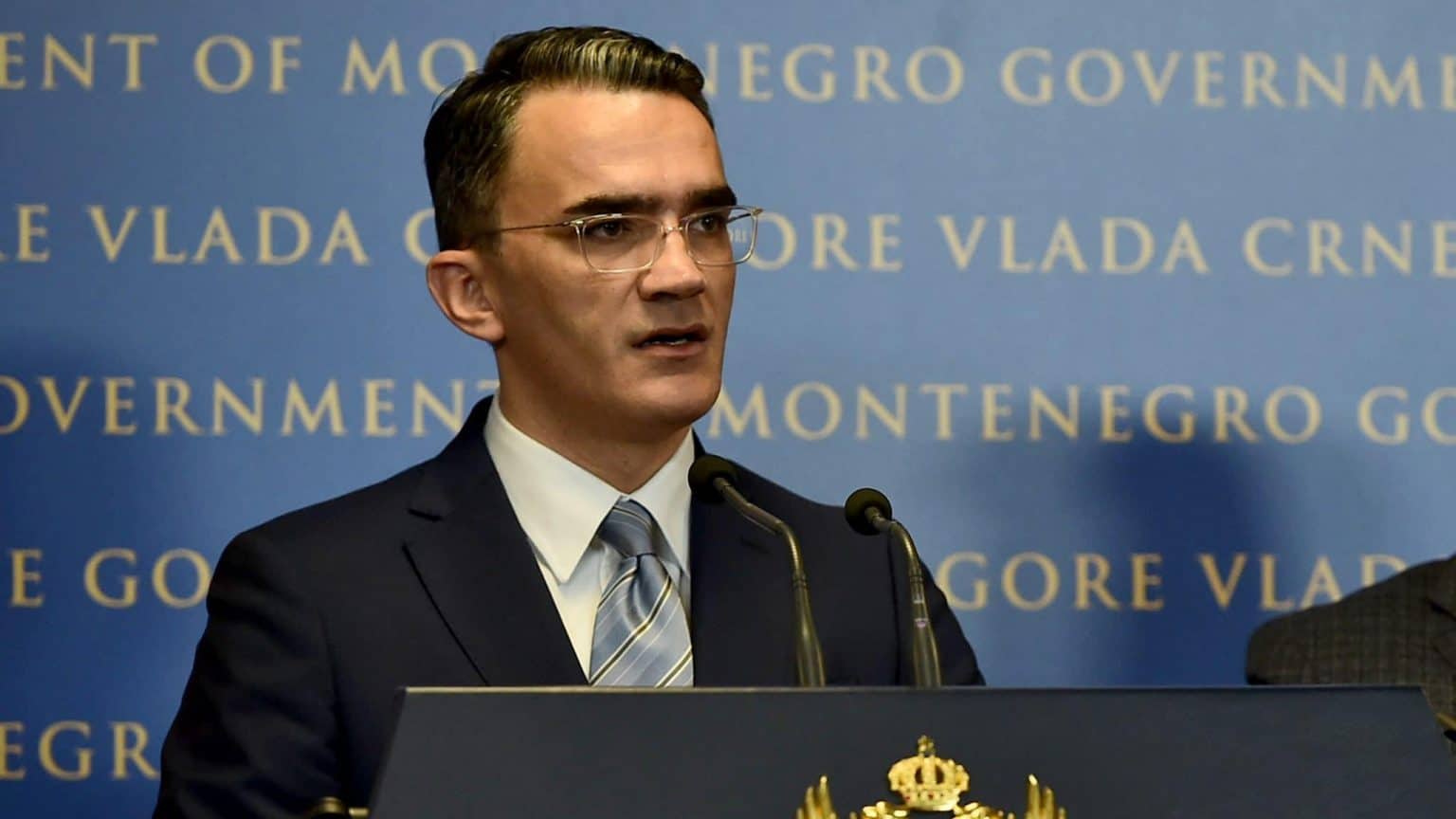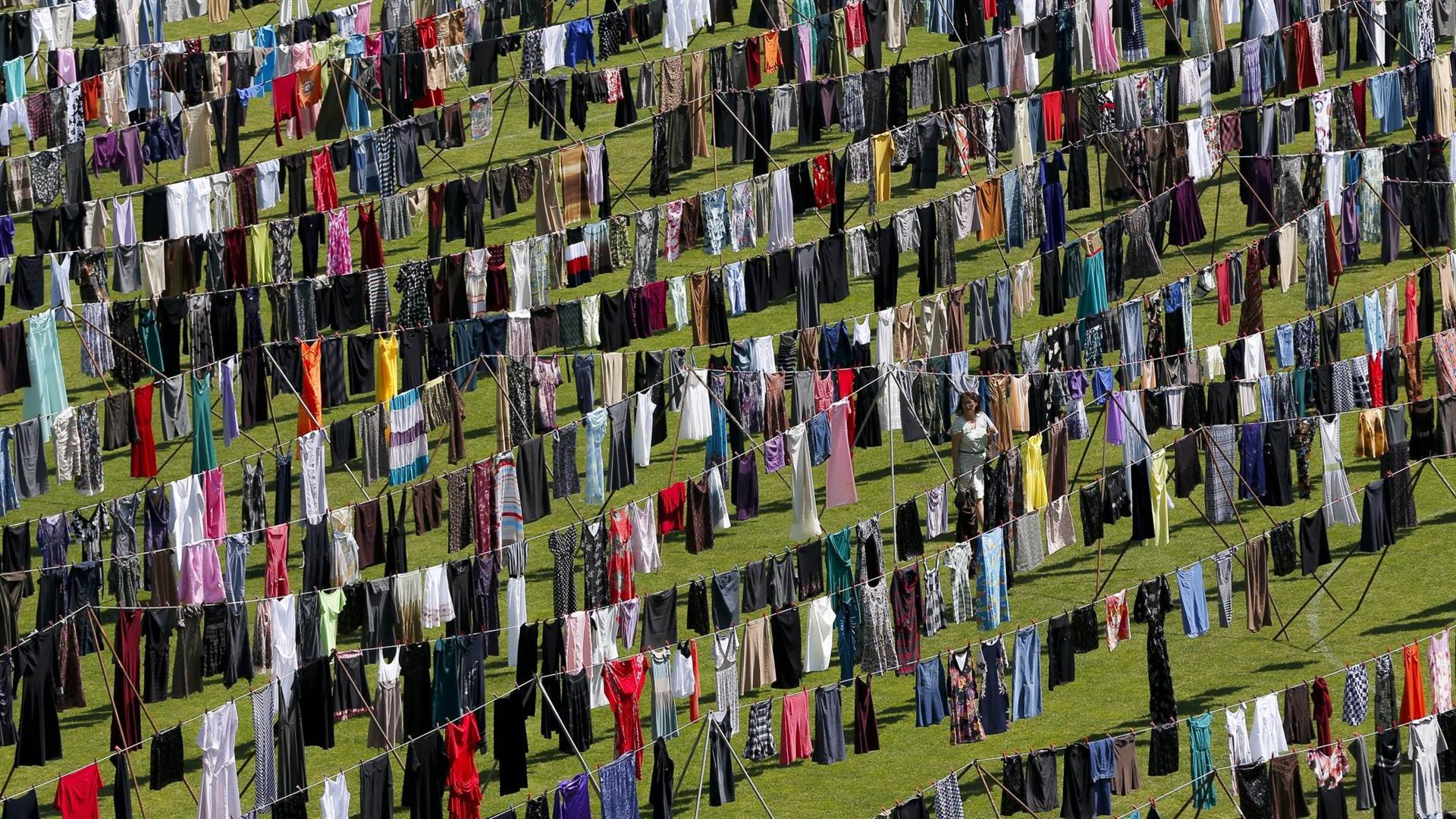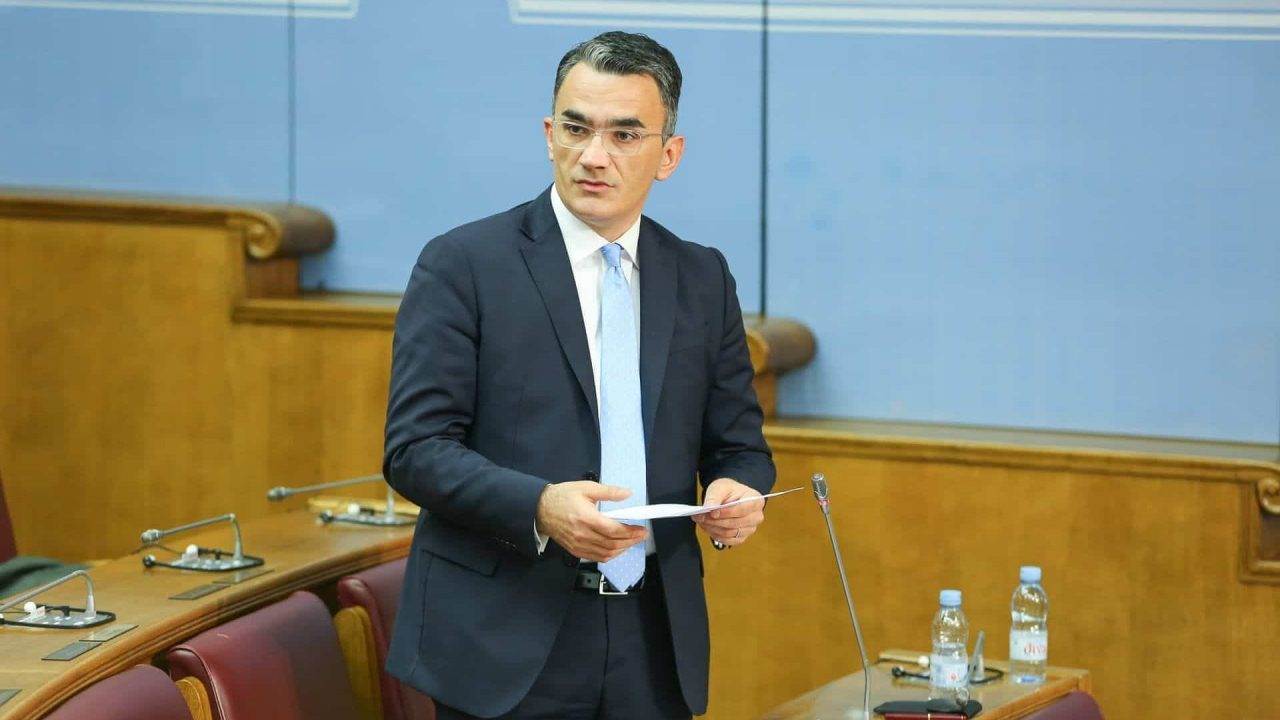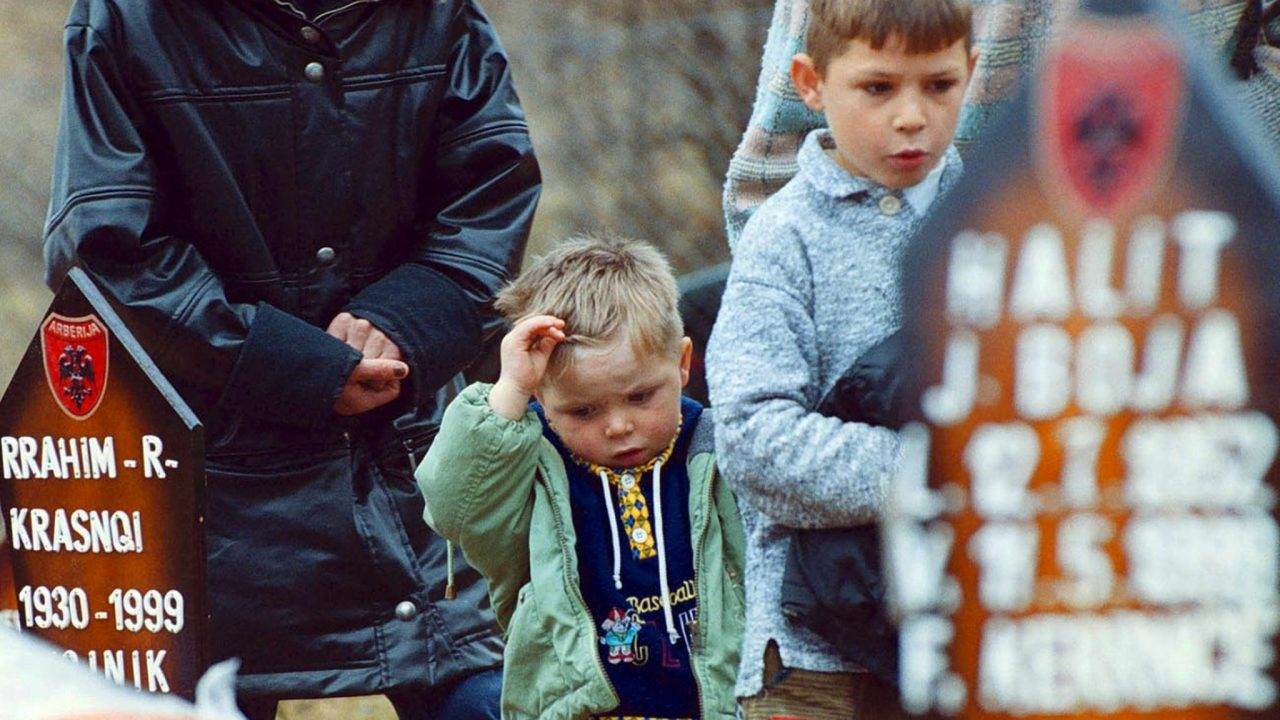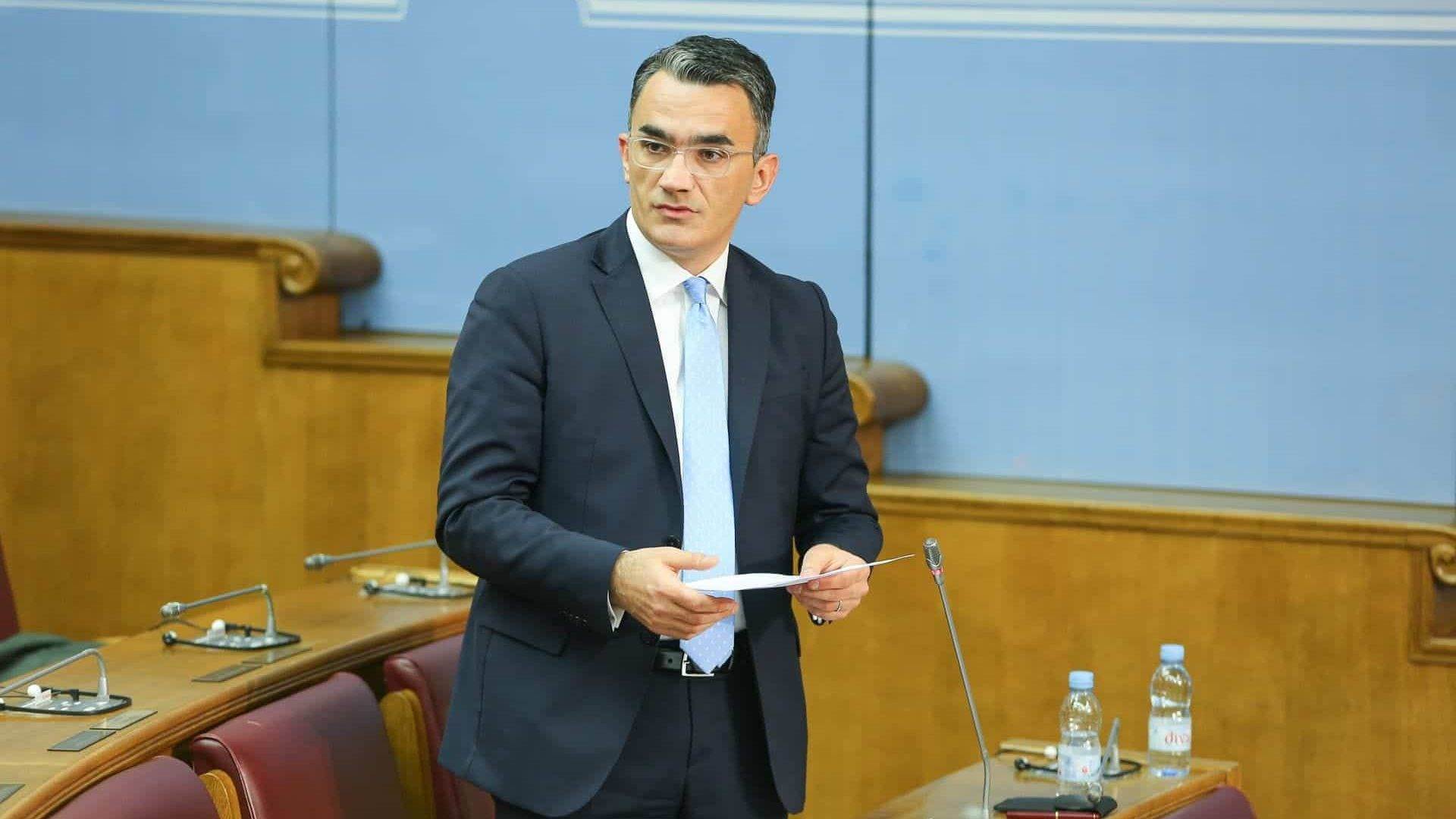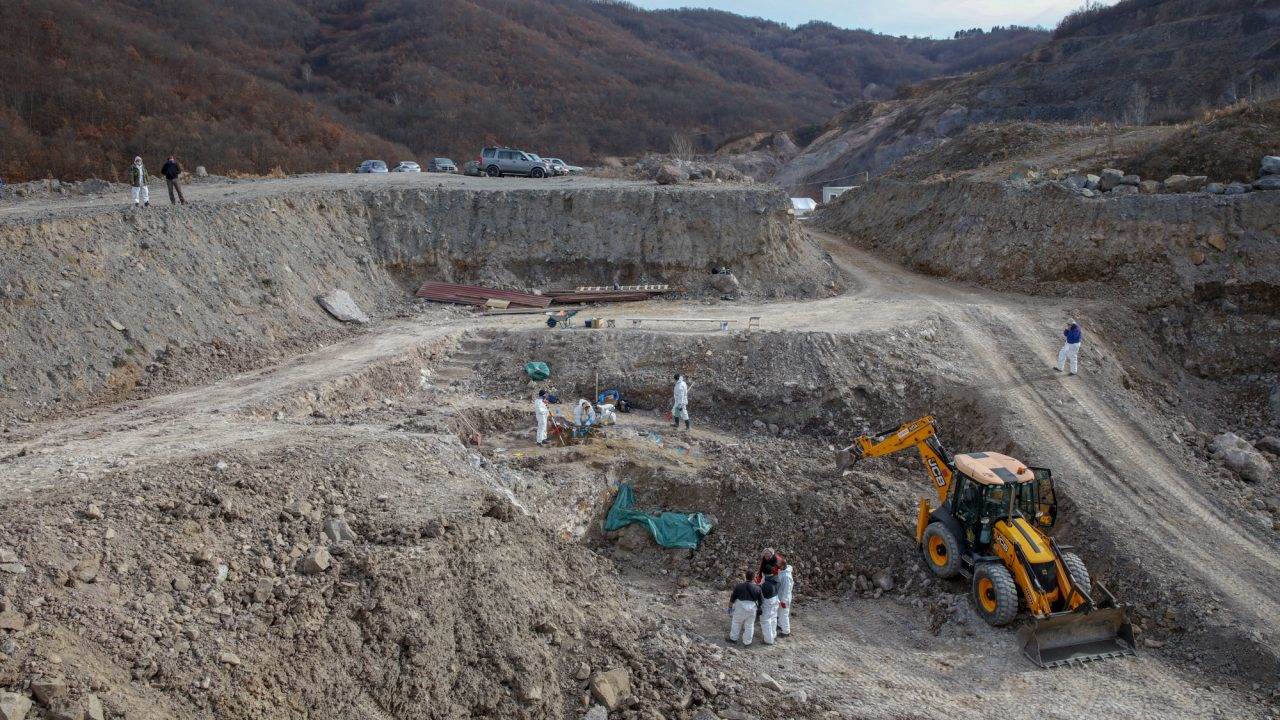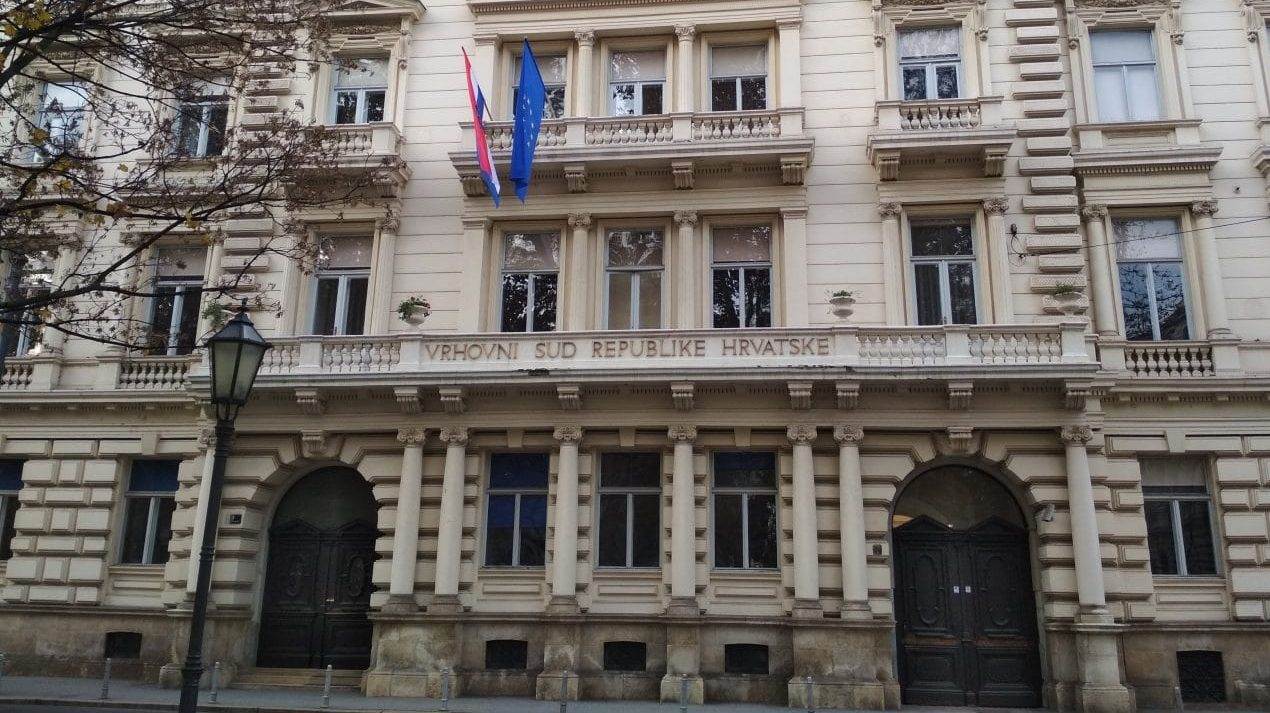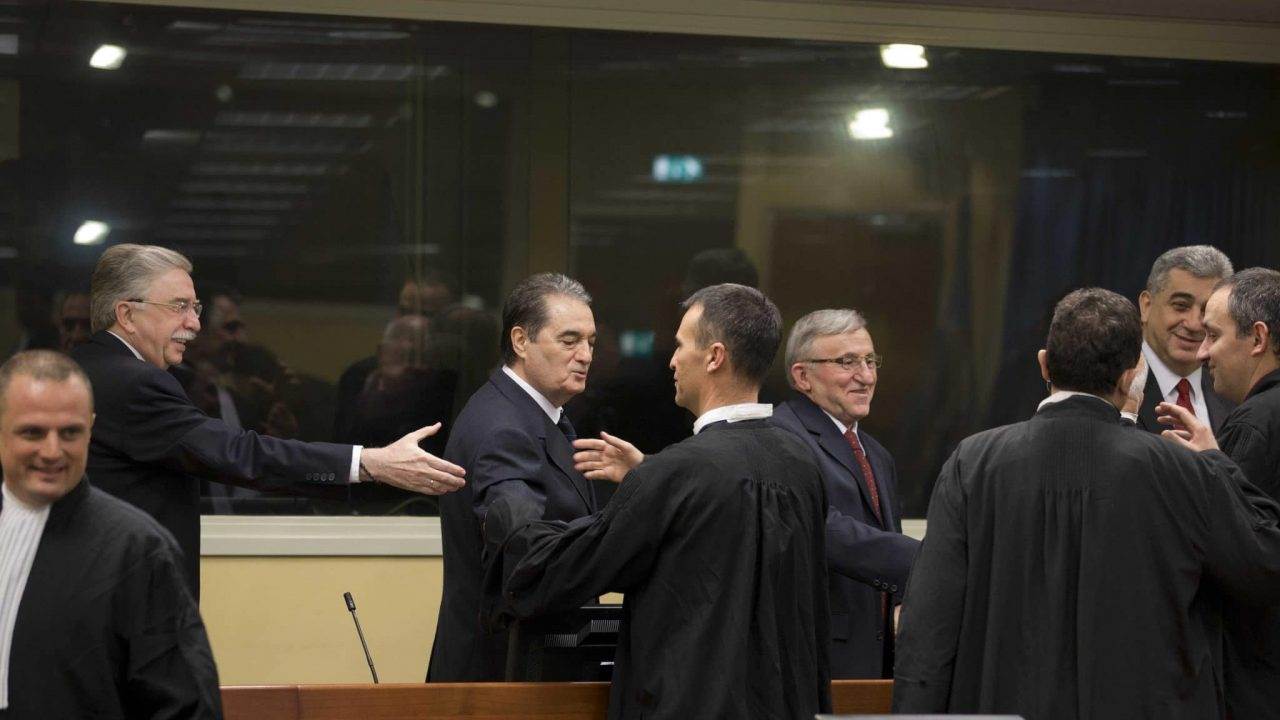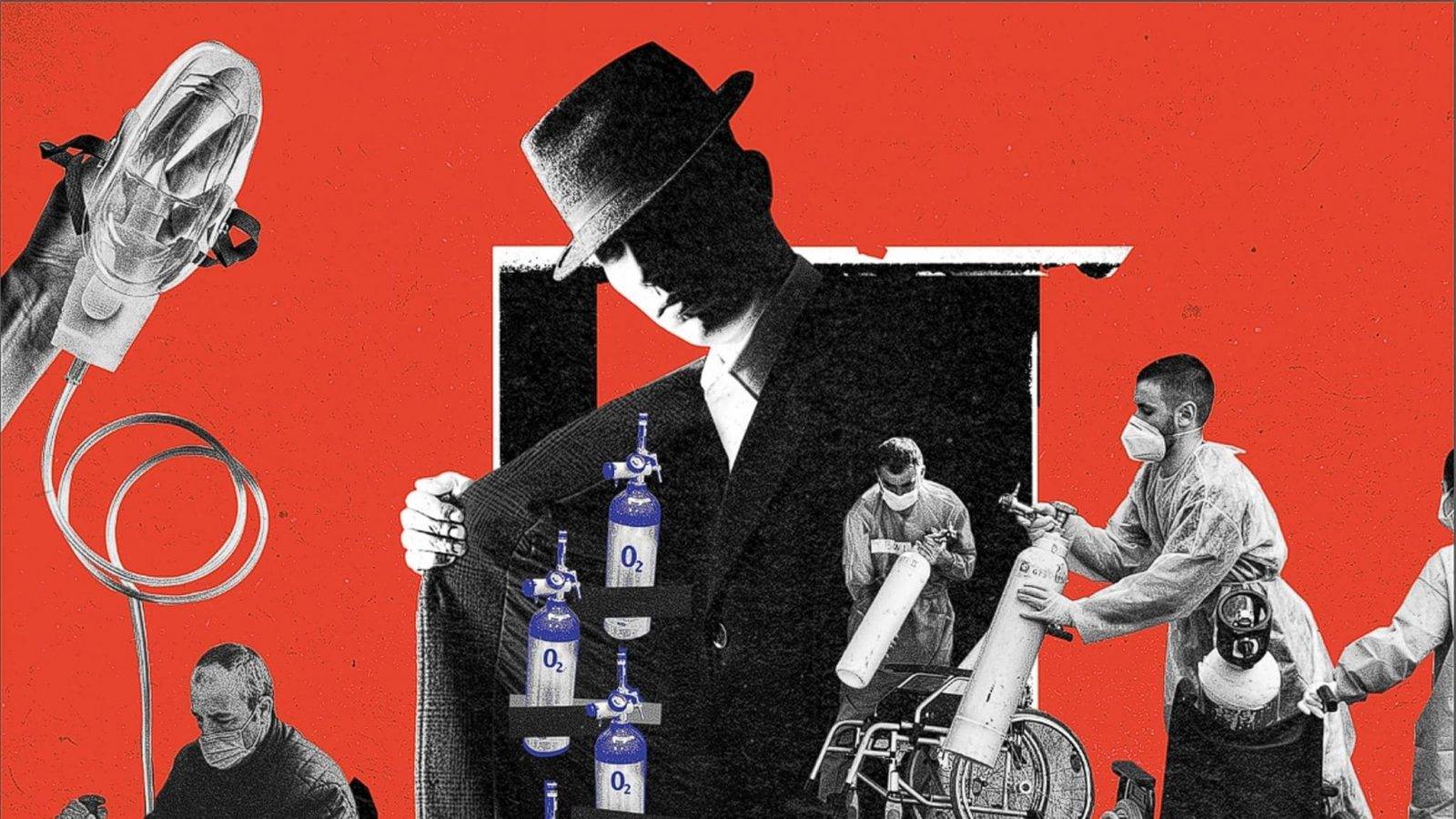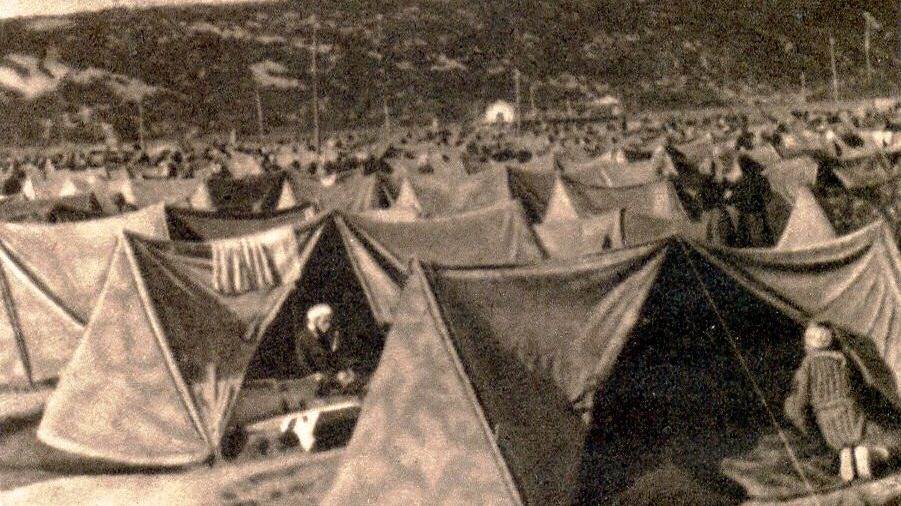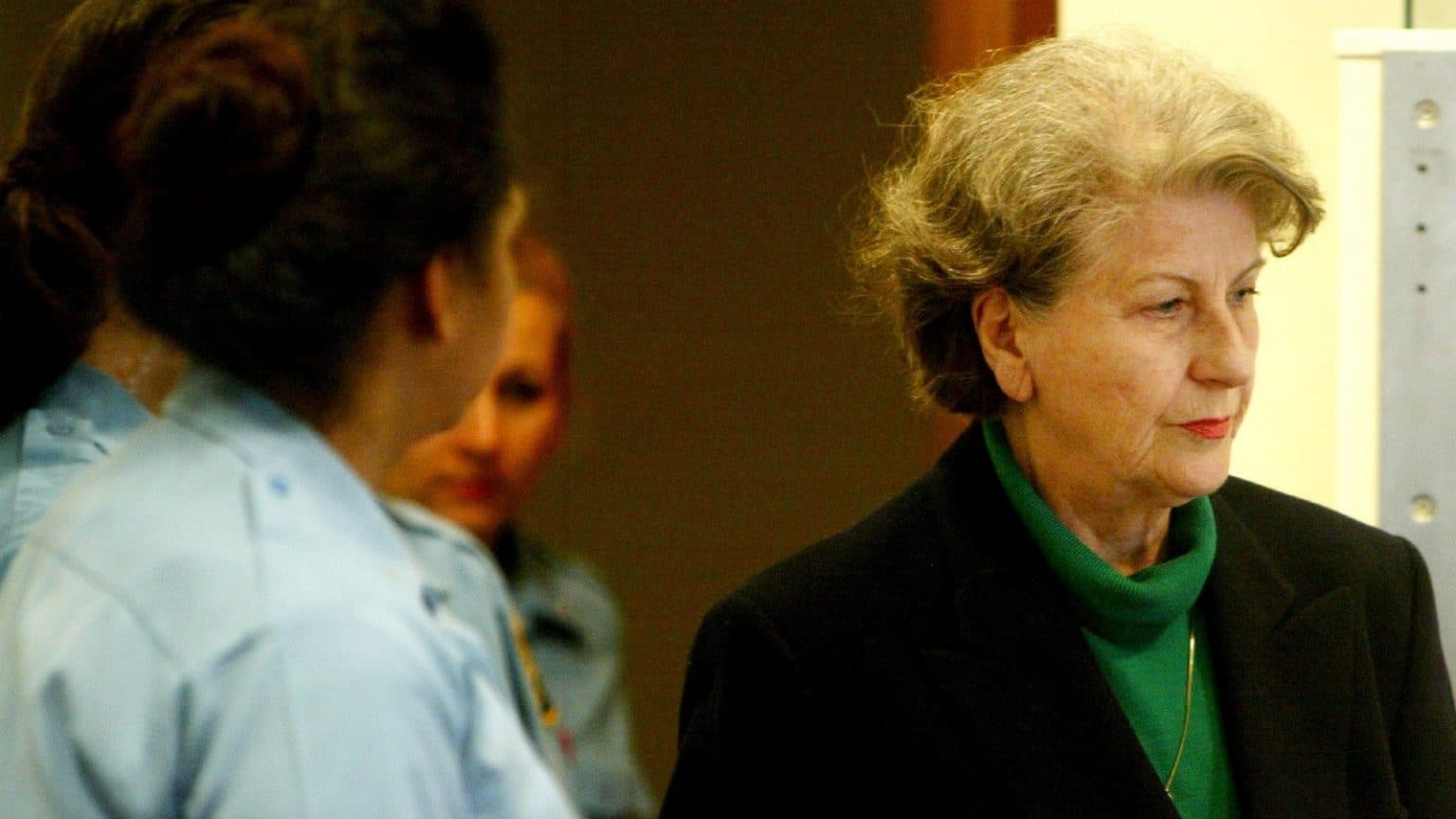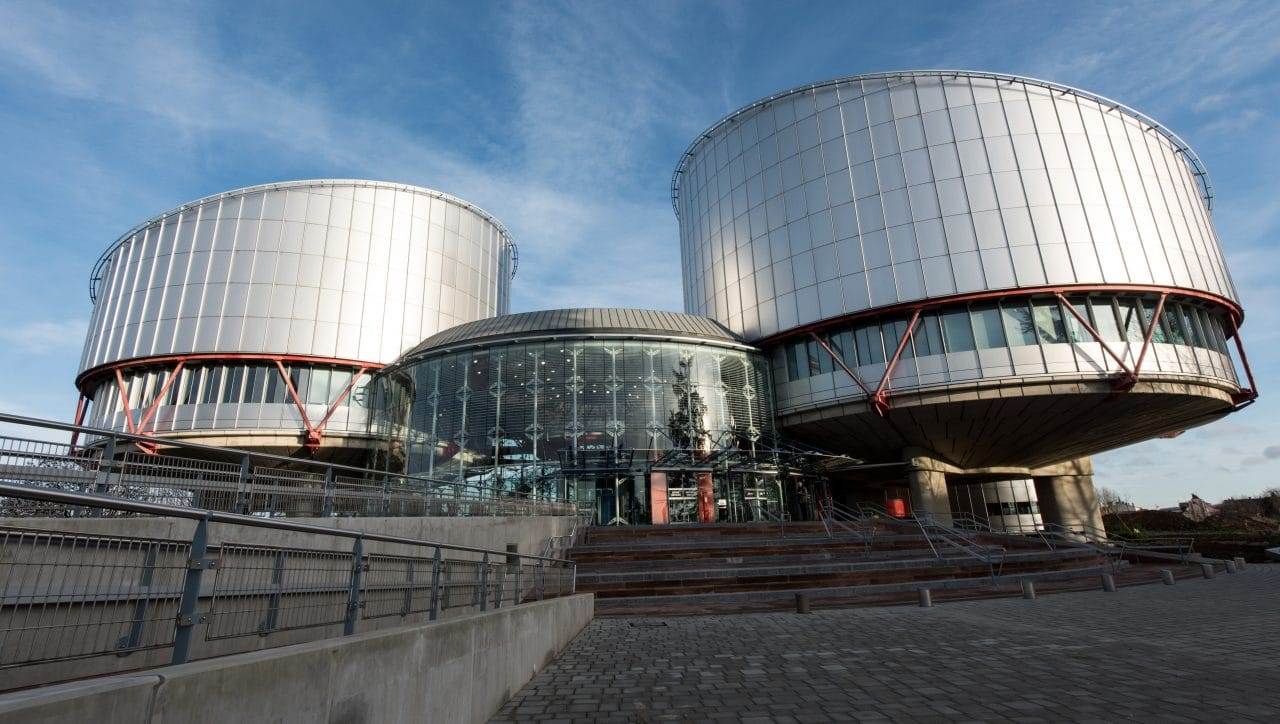Montenegro’s Minister of Justice, Human and Minority Rights, Vladimir Leposavic, said he did not deny the suffering of victims of the 1995 Srebrenica massacres but only criticised the UN war...
Over 220 women who applied to a Kosovo government committee to verify victims of wartime sexual violence have been rejected, showing how difficult it can be to establish facts about...
Montenegrin Prime Minister Zdravko Krivokapic asked parliament to approve the dismissal of Minister of Justice, Human and Minority Rights Vladimir Leposavic because he expressed doubt that the 1995 massacres of...
Police arrested an ethnic Albanian who holds Serbian citizenship on suspicion of committing war crimes during a massacre by Serbian forces in the Kosovo village of Izbica in March 1999.
The US and British embassies in Podgorica reacted strongly after Montenegro’s Minister of Justice, Human and Minority Rights, Vladimir Leposavic, said that the 1995 genocide of Bosniaks from Srebrenica had...
European parliamentarians adopted reports calling on Serbia and Kosovo to do more to investigate suspected wartime grave sites and resolve hundreds of remaining missing persons cases from the 1998-99 Kosovo...
The Supreme Court overturned the acquittal of Marko Carevic, wartime commander of rebel Croatian Serb Territorial Defence forces, for ordering the killing of an 83-year-old civilian in October 1991.
On a programme to mark the anniversary of the NATO bombing of Yugoslavia, freed Hague Tribunal convicts Nikola Sainovic and Vladimir Lazarevic told Radio-Television Serbia they were not responsible for...
With COVID-19 putting an unprecedented strain on the Albanian health system, some COVID-19 patients and their families are turning to an unregulated and dangerous black market in oxygen, potentially doing...
Ninety-one-year-old former Bosnian Serb President Biljana Plavsic, who served a sentence for war crimes, was admitted to hospital in Belgrade for treatment after becoming infected with the coronavirus.
The European Court of Human Rights ruled that Croatia violated the rights of a Serb whose property was stolen and damaged after he fled the country because of the 1991-95...

